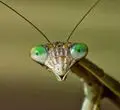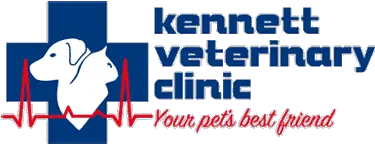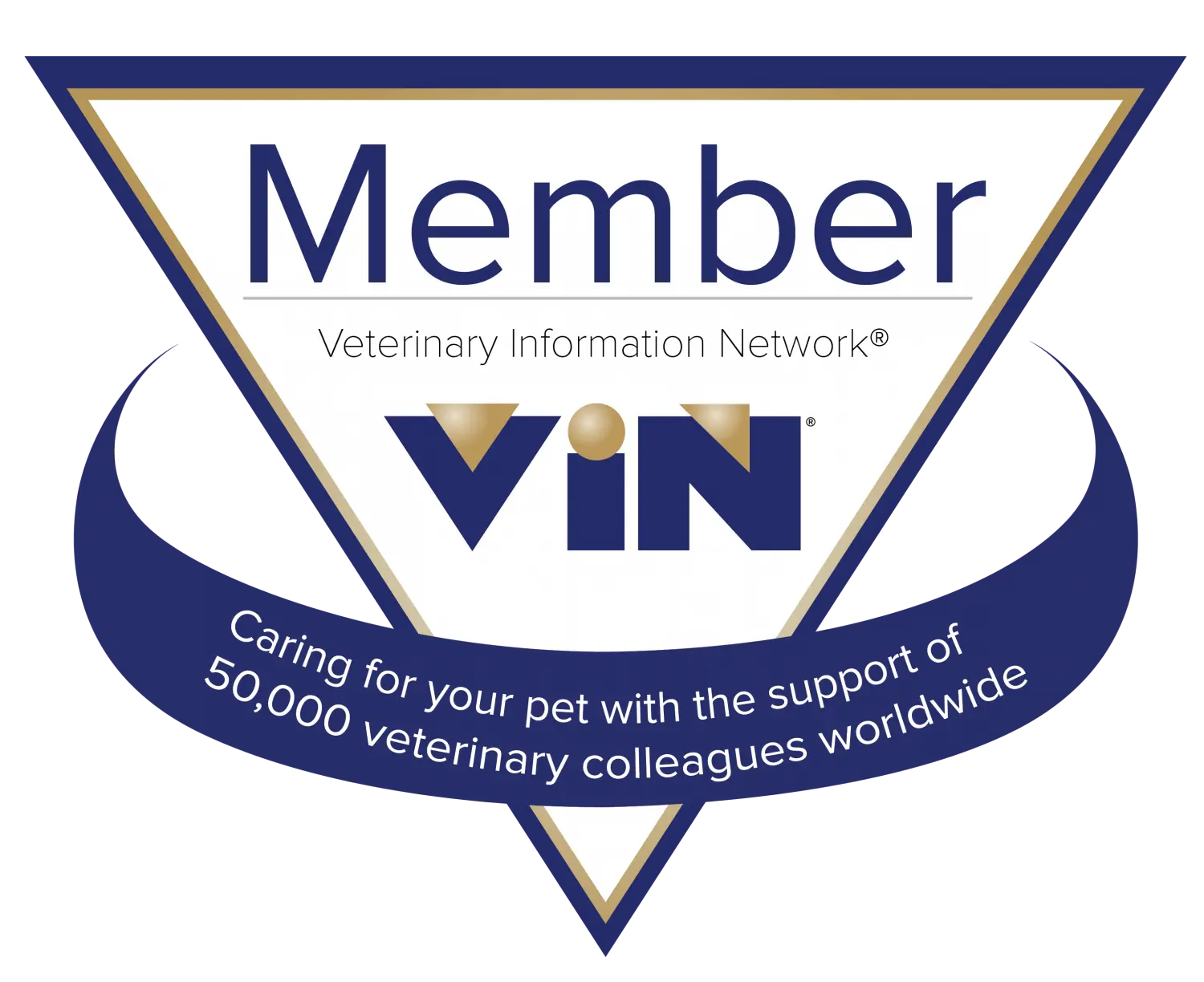You may wonder what this rant has to do with veterinary medicine, but be patient. I’ll get there.
 “A human being should be able to change a diaper, plan an invasion, butcher a hog, conn a ship, design a building, write a sonnet, balance accounts, build a wall, set a bone, comfort the dying, take orders, give orders, cooperate, act alone, solve equations, analyze a new problem, pitch manure, program a computer, cook a tasty meal, fight efficiently, die gallantly. Specialization is for insects.”
“A human being should be able to change a diaper, plan an invasion, butcher a hog, conn a ship, design a building, write a sonnet, balance accounts, build a wall, set a bone, comfort the dying, take orders, give orders, cooperate, act alone, solve equations, analyze a new problem, pitch manure, program a computer, cook a tasty meal, fight efficiently, die gallantly. Specialization is for insects.”
Robert Heinlein, from Time Enough for Love, 1973
When I read this, I decided to take stock of how many I think I know how to do right now. I was happy to find that on this (somewhat arbitrary) list, there were more things that I can do than not.
I don’t think I could design a building bigger than a shed, and feel very safe about it, particularly the wiring, plumbing and HVAC. No training in navigation, but I expect I could learn if I were anywhere near an ocean. I did a little basic programming in the old BASIC language, but I’d say I’m out in the cold on that one. My fighting skills are minimal and I’ve not considered anything about invasion-planning.
My sonnets may be doggerel, but I can crank them out, and I feel pretty good about the rest of it. So, that’s 17 yes and 5 no. Not bad. It goes along with my desire to be a Renaissance Man.
 “A courtier should have a detached, cool, nonchalant attitude, and speak well, sing, recite poetry, have proper bearing, be athletic, know the humanities and classics, paint and draw and possess many other skills, always without showy or boastful behavior.” In other words, be good at everything. I think the earlier references I read when I was in middle school also included horsemanship and fencing. It sounded like a great ideal to aspire to, but I may have fallen a little short in some areas.
“A courtier should have a detached, cool, nonchalant attitude, and speak well, sing, recite poetry, have proper bearing, be athletic, know the humanities and classics, paint and draw and possess many other skills, always without showy or boastful behavior.” In other words, be good at everything. I think the earlier references I read when I was in middle school also included horsemanship and fencing. It sounded like a great ideal to aspire to, but I may have fallen a little short in some areas.
So what does that have to do with veterinary medicine? Let me slip into geezer mode here. When I graduated from veterinary school back in 1978, specialization was unusual. There were few opportunities for internships and residencies that would qualify you to become a board-certified specialist. There also weren’t as many clients expecting to receive and willing to pay the cost of that state-of-the-art care. Most specialists were associated with teaching institutions, and the others were concentrated in large urban centers (which, truth to tell, they still are).
Thus, unless you were close to one of these centers (and most veterinarians were not, including me), you did not often have the option of referral. The corollary to that is that you were expected to be all things to all pets and all people. This ranged from being able to deliver a calf, to diagnosing lameness in horses, to orthopedic surgery in dogs, to being available to the client who “goes to bed with the chickens” and the one who comes in at 3:00 AM after partying half the night.
I can think of some guys who embodied this, but for many it was unrealistic. Even if you chose to see only pets, you should be able to do anything and everything they needed. Orthopedic surgery, dermatology, dentistry (though it was primitive in those days), you name it. If you couldn’t provide a service, you really thought of yourself as not being as good a veterinarian you should be.
Today, newly graduating veterinarians are being encouraged to refer everything that is not “routine”. Their instructors are scaring them out of developing their skill sets. “It’s malpractice not to refer to a specialist when warranted.” The key phrase is “when warranted”, and all you can really do is offer the opportunity for referral. Even now that we have a good specialty group in Memphis, it’s still 100 miles away, and their charges are commensurate with their expertise, i.e. they are good, and they are not cheap. The prices are fair, but they are not cheap. So, not every client whose pet would benefit from the expertise of a specialist is going to be able to take advantage of it.
The geezer factor now enters in. Because we had no real choice thirty-odd years ago, we learned to do a lot of stuff we might not have tried otherwise. Also, having overcome a lot of challenges in this way, we don’t feel intimidated when something new comes our way (maybe not intimidated enough, sometimes, and getting in “over our heads” from overconfidence).
Another difference in mindset between geezer and new graduate is that most of us expected to have our own practices, and there were many solo practices. This mindset is rare in today’s new veterinarians. They are highly trained and well-educated, but expect to be part of a team, and be mentored, and concentrate on patient care and developing an area of interest over time. Very few also want the challenge of being the practice owner and manager.
It can be a difficult thing to find where on the fence you sit with this one. If I get cataracts, I don’t think I want my family doctor to operate on my eyes. I’d like an ophthalmic surgical specialist, please. On the other hand, if a dog has his cornea split by a cat’s claw, and the folks can’t drive to Memphis, I’m glad I’ve learned how to sew up a cornea (hint: you have to have the right tools and suture material, not possible otherwise).
I need to be able to extract diseased teeth relatively rapidly with minimal trauma, and post-operative pain, so I invested in high-quality dental equipment. If a patient needs a root canal or whole-mouth extractions, or the salvage of a cancerous jaw, he needs to see Dr. Greenfield in Memphis, the veterinary dental specialist.
Sometimes you cannot make the correct diagnosis without a C-T scan or an MRI, no matter how good a doctor you are. I don’t have that equipment, and won’t be getting it. And we don’t just need high-powered equipment, we need the expertise of specialists. When I’m stumped, I am really glad that there is someone who knows more about a subject than I do.
So I don’t really think that specialization is for insects, at least I don’t consider the specialists who help me as insects – that’s for sure. I think maybe I should use the term “expert”, because their expertise exceeds that of the average doctor who is doing a lot of other things. We need them and appreciate them.
On the other hand, it’s cool to be the internist, pharmacist, surgeon, radiologist, dentist, dermatologist, and pathologist – to be a problem solver with a wide skill-set. You’ll find that most veterinarians have to be a “renaissance man” (or woman).


Really enjoyed your quote from Robert!